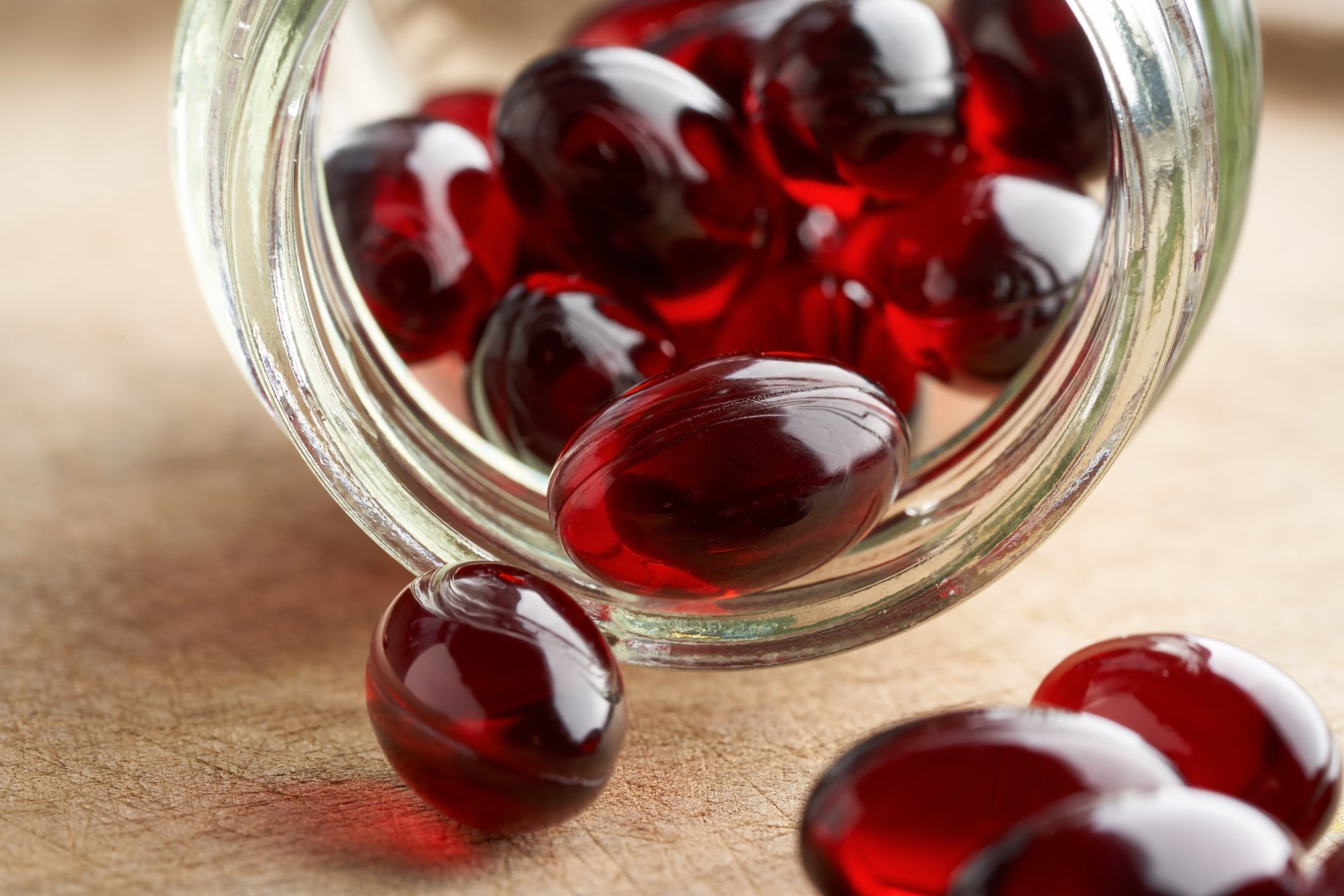Researchers in Spain investigated the impact of 16 weeks of an omega-3 supplementation provided by Spanish manufacturer Solutex, both alone and in combination with resistance training on muscle-related proteins, markers of inflammation, body composition and muscle strength in 71 overweight or obese postmenopausal women.
“Supplementation with n-3 PUFA rich in DHA might have the potential for decreasing cardiovascular risk and improving muscle function in postmenopausal women,” they wrote in the journal Nutrients.
Sonia Moreno, chief marketing officer at Solutex told NutraIngredients that the results offered robust evidence on the physiological effects of highly concentrated DHA supplementation in a significant population.
“This group is at elevated risk for sarcopenia, insulin resistance, and chronic low-grade inflammation — making it a critical target for early, non-pharmacological interventions," she told NI.
Menopausal muscle loss
Both body fat gain and reduced skeletal muscle mass are common as people age and can contribute to muscle dysfunction. Menopause can also accelerate this by increasing chronic inflammation, visceral fat and muscle loss.
Muscle loss during menopause has been linked to increased frailty and disease and reduced quality of life. Skeletal muscle plays a role in metabolism, nutrient storage, thermoregulation and insulin-mediated glucose uptake. It also acts as a secretory organ by releasing molecules called myokines (like irisin and METRNL), which can drive the health benefits that come with exercise.
Exercise like resistance training can improve muscle mass, function, metabolism and overall health, and previous research has found that it could help counteract menopause- and age-related muscle decline while enhancing cardiometabolic markers. Omega-3 polyunsaturated fatty acids (n-3 PUFAs), such as DHA, have also been studied for their potential to support muscle and metabolic health in aging and postmenopausal women.
According to the researchers on the current study, there are research gaps in how circulating myokines influence muscle function, body composition and cardiometabolic health in postmenopausal women, and they suggest that regulating myokine levels could support the prevention of sarcopenia, osteoporosis and metabolic syndrome.
DHA and exercise improve strength and reduce inflammation
The randomized, double-blind, placebo-controlled trial recruited overweight postmenopausal women between the ages of 55 and 70.
Participants were divided into four groups: the placebo group given olive oil capsules, an omega-3 group receiving 1,950 mg/day DHA+EPA fish oil capsules, a placebo and resistance training group, and an omega-3 and resistance training group (n-3+RT).
Those in resistance training groups trained twice a week, performing eight machine-based bilateral exercises for major muscle groups. All participants took two capsules per meal and returned leftover capsules to monitor compliance.
At baseline and at the end of the 16 weeks, participants visited the research center after fasting for up to 12 hours for anthropometric, blood pressure, and blood biomarker assessments.
The researchers analyzed blood samples taken pre- and post-intervention to evaluate lipids, glucose, insulin and several myokines and cytokines (IL-6, METRNL, irisin, myostatin, TNF-α).
Findings indicated that resistance training improved muscle function even without increases in muscle size, but the omega-3 supplements also helped improve muscle quality. The combination of omega-3 and resistance training did not show extra benefit in muscle size but still improved strength. The group taking omega-3 supplements also showed better improvements in cholesterol and atherogenic index, which the researchers noted suggested cardiovascular benefits.
TNF-α, a marker of inflammation, dropped in all groups, likely because all participants lost some fat, and myostatin, which can limit muscle growth, decreased in both the resistance training and omega-3 groups. Unexpectedly, IL-6 levels increased in the omega-3 and resistance training group, which the researchers noted could be due to a temporary post-exercise response.
“In postmenopausal women with overweight or obesity, RT could help improve skeletal muscle function, while DHA-rich n-3 supplementation might decrease CVD risk and might potentially improve muscle function,” the study concluded. “The modulation of myokine levels could be underlying some of the effects of DHA or RT; however, further research is necessary.”
As Moreno explained, the results were consistent with prior preclinical and clinical work conducted with Solutex’s concentrates.
“The observed reduction in myostatin and improvements in muscle quality might be related with the resolution of inflammation pathway and the downstream metabolites coming from DHA – the SPMs- that are directly involved in counter regulating pro-inflammatory cytokines/myokines," she said.
“Likewise, the favorable modulation of lipid parameters — particularly VLDL-cholesterol and the atherogenic index — confirms DHA’s value as a cardiometabolic support agent in active or at-risk populations."
The researchers noted that as DHA and exercise have been proposed to share metabolic pathways, future research should explore their potential interactions and synergistic or antagonistic effects.
Source: Nutrients. doi: 10.3390/nu17152553. “Myokine Circulating Levels in Postmenopausal Women with Overweight or Obesity: Effects of Resistance Training and/or DHA-Rich n-3 PUFA Supplementation”. Authors: Martínez-Gayo, A. et al.





